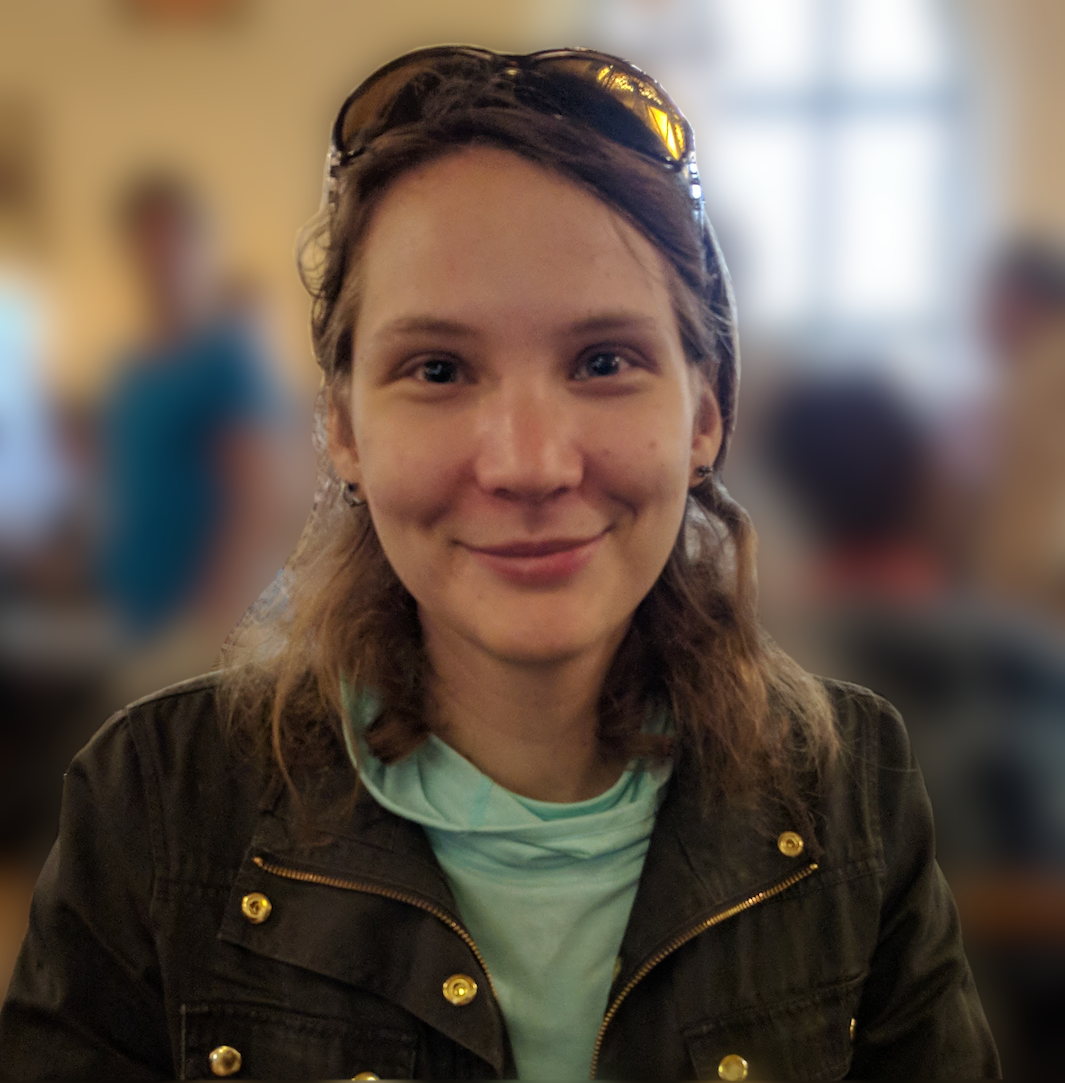
I am a learning scientist whose research brings together the fields of Human-Computer Interaction, Cognitive Science, and Education. My focus is on how we can develop technologies to support students and teachers in the classroom in actively engaging with the learning material and flexibly adapting to what is currently happening. To do this, I combine human-computer interaction methodolies with learning theories to develop effective technology support. As part of this process, I not only develop technology to support learning, but I use that technology to further study learning processes to investigate learning science theoeries. In my research I combine both qualitative and quanitative methodologies to investigate both applied and basic research questions.
I am an Assistant Professor at University of San Diego in the Department of Computer Science. I am currently working on how we can support classroom orchestration with remote learning and how to support CS education through collabortive learning. I am interested in collaboration in both the HCI and Learning Science communities. Feel free to reach out!
Previously, I was a Postdoctoral Researcher in the CHILI Lab at EPFL. In CHILI, I was a partner on a SNSF grant for the study of learning analytics in higher education working with both the Center for Digital Education and The Teaching Support Center. I completed my PhD with Vincent Aleven and Nikol Rummel at the HCII at Carnegie Mellon University. During my PhD, I focused on how we could develop learning technologies that balanced collaborative and individual learning from both the student and instructor perspectives.Projects
If you are interested in learning more about any of my projects or in collaborating, please contact me.
Orchestration of Interactive Activities in Large Lectures
Integrating Collaborative and Individual Learning
Assessing Collaborative Learning Through Gaze Data
Small Projects
Orchestration of Interactive Activities in Large Lectures
In large lectures, it can be difficult to engage students in interactive activities as the instructor's awareness of the classroom is limited. In this project, we aim to develop and assess orchestration tools that support instructors in engaging their students in more interactive activities during lectures.
Integrating Collaborative and Individual Learning
When students engage in collaborative and individual learning, they may invoke different learning processes that may support them in learnign diffferent types of skills. In this project, we aim to investigate when it is productive for students to work individually and when it is productive for them to work collaboratively.
Assessing Collaborative Learning Through Gaze Data
Working with a colleague, we have assessed the collaborative learning process through the use of gaze data. For this work, we take two approaches. 1) We adopt novel methodologies from other fields that can help to provide us with new insights to the collaborative process. 2) We engage in multimodal learning analytics with gaze as one of the modalities to better understand in which ways gaze data provides novel information.
Small Projects
In coordination with colleagues, I have had the opportunity to work on a set of smaller projects that involve a range of HCI methodologies and data analysis of educational-based data. I have collaborated within the field of HCI on projects around privacy and the value of digital archives. As a postodctoral researcher, I collaborated with many members of the CHILI Lab around topics including educational robotics, vocational education, and educational data mining.
Teaching
General Computer Science
My goal is to make computer science more accessible to everyone. People are drawn to computer science for different reasons. Some people want to tackle the problems that computer science addresses. Others want to build interesting apps and gadgets. A third group are interested in using computer science methods as a way to address interesting problems in their field. For all of these groups, learning to code can be fundimental. No matter what your goals are, I want to help you learn to translate your problems in a way that you can use computers to help solve them.
Computational Problem Solving
This course provides an introduction to computational problem solving and thinking. Additionally, the students learn basic programming skills in Python.
Human-Computer Interaction Concentration
Everyday we interact with computers in different capacities. Computers can help us to complete necessary tasks, facilitate our communication, provide entertainment, and help us to reach our goals. Human-computer interaction (HCI) is an interdisciplinary field that brings together computer science, design, and behavioral science to develop and study systems that are human facing. This concentration consists of three courses that can be taken in any order to cover a range of introductory topics in HCI. Each course will take perspectives from computer science, behavioral science, and design to study the material. Read the individual course descriptions below for each course to find which may be best for you.
User-Centered Design and Prototyping
This course will focus on the user-centered design process including how we gather needs from users, develop prototypes based on these needs, and assess the usability of these prototypes. We will also discuss the ethics of collecting data from humans and how to effectively present your findings.
User-Centered Data Science
This course focuses on how we use data to both assess system designs and within our systems to support users. We will cover three main areas: how to quantitatively assess human-centered systems (for example with AB testing, eye tracking), how to make sense of user created data that can be used to enhance our systems, and how to develop visualizations of data that humans can interpret and understand.
Syllabus in development
User-Centered Systems
This course focuses on the different types of systems that involve human interaction, such as personal computing, VR/AR, robotics, ubiquitous computing, and social computing, and the different interaction techniques that support these systems. We will discuss the principles of human factors that guide the design of these systems.
Syllabus in development